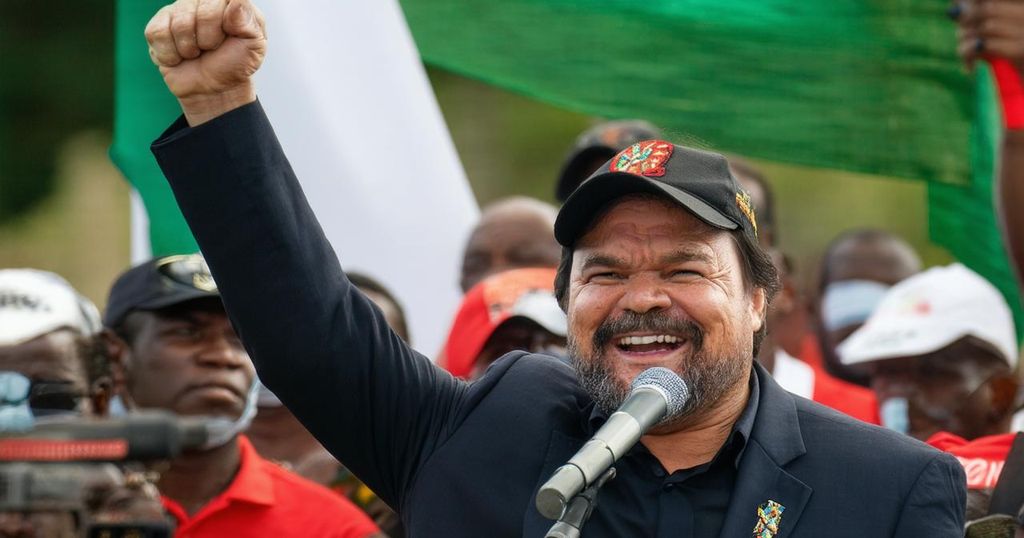Daniel Chapo of the Frelimo party has been declared the winner of Mozambique’s presidential election, securing approximately 71 percent of the vote amidst severe allegations of electoral fraud. The election process was marred by violence and public unrest, with protests highlighting the discontent regarding the Frelimo party’s governance and the country’s economic struggles, particularly in the wake of an ongoing insurgency in Cabo Delgado.
On Thursday, Daniel Chapo from the Frelimo party was officially proclaimed the winner of Mozambique’s presidential election, despite the election process being marred by allegations of fraud and incidents of violence. The Mozambique electoral commission reported that Mr. Chapo garnered approximately 71 percent of the vote in the elections held on October 9, succeeding Filipe Nyusi who has reached the maximum two five-year terms allowed by law. The announcement comes amid significant unrest in Mozambique, which has been grappling with a prolonged insurgency in the Cabo Delgado region, where Islamist extremists have created turmoil. This ongoing conflict has intensified rifts in a nation that is rich in natural resources, such as natural gas and precious stones, yet faces dire issues of poverty and unemployment among its populace. Following the election, tensions escalated in the capital city of Maputo, where protests erupted against Frelimo, leading to confrontations with law enforcement. Demonstrators accused the governing party of electoral malpractice and alleged that it was involved in the lethal shooting of two supporters belonging to Mr. Chapo’s primary opponent. The Frelimo party has denied all accusations of electoral fraud and maintains that it has not participated in any violent acts. In a statement, Ludmila Maguni, a spokesperson for Frelimo, expressed confidence in the election results, asserting, “Frelimo is confident that the results reflect the will of the people.” This election cycle and the associated unrest represent a significant challenge to Frelimo’s longstanding grip on power since the end of colonial rule in 1975, and could impact its future standing in Mozambique.
Mozambique, a country in southern Africa, has been under the rule of the Frelimo party since it gained independence from Portuguese colonial rule in 1975. The political landscape has been increasingly challenged by a series of violent insurgencies in the northern region of Cabo Delgado that began in 2017, primarily driven by Islamist extremist groups. These conflicts have exacerbated existing socioeconomic disparities in the country, particularly between those benefitting from natural resource wealth and the majority living in poverty. The recent presidential election, held on October 9, 2023, has intensified scrutiny of Frelimo’s governance amid ongoing issues of corruption and allegations of electoral misconduct, with protests arising from public frustrations over perceived injustices.
In conclusion, the election of Daniel Chapo as Mozambique’s new president amidst allegations of fraud and instances of violence raises significant questions about the integrity of the electoral process and the governance of the Frelimo party. As Mozambique faces ongoing challenges, including a humanitarian crisis due to insurgency and deep-rooted economic disparities, the developments from this election will be crucial in shaping the future political dynamics of the nation.
Original Source: www.nytimes.com






